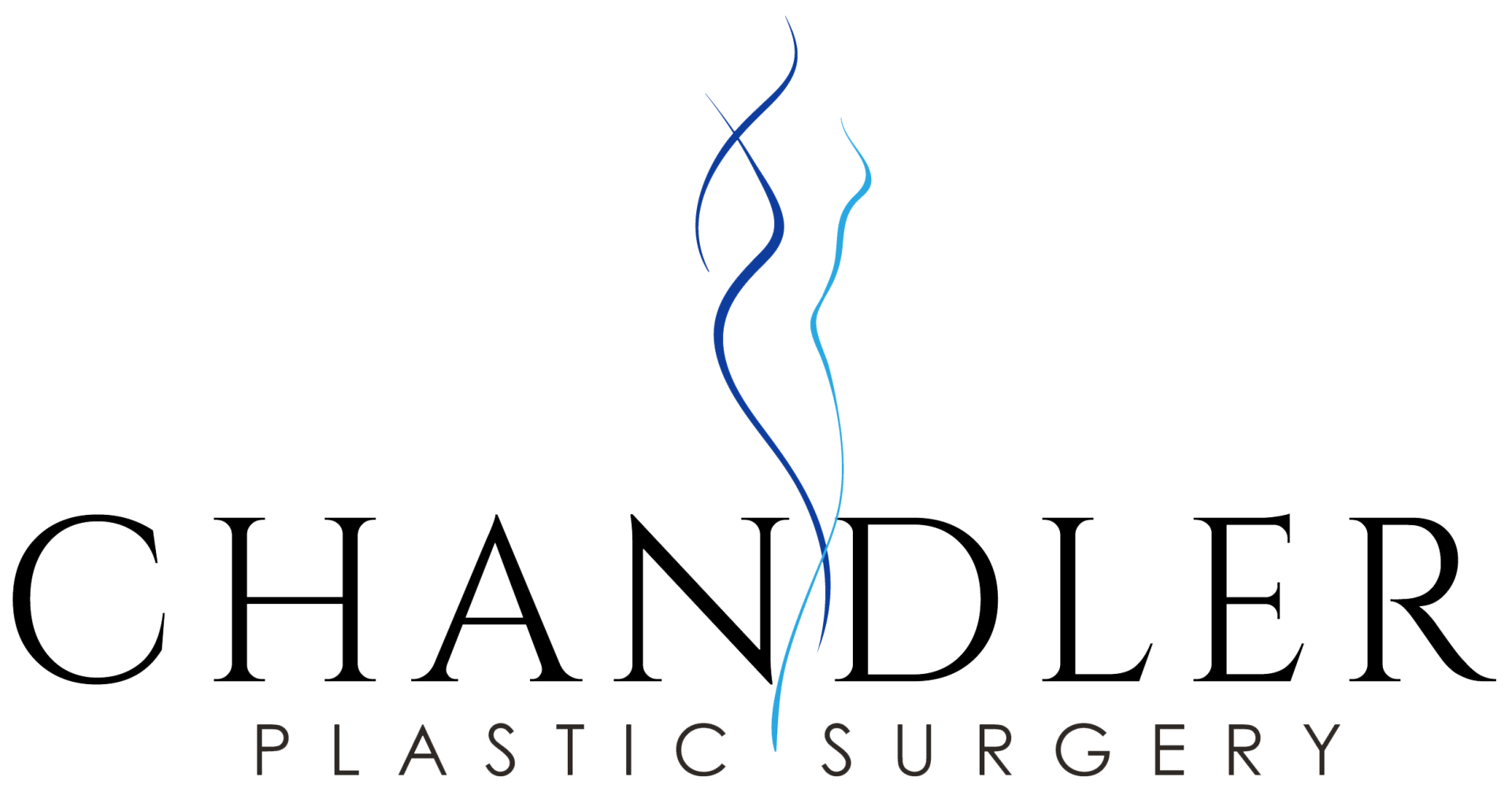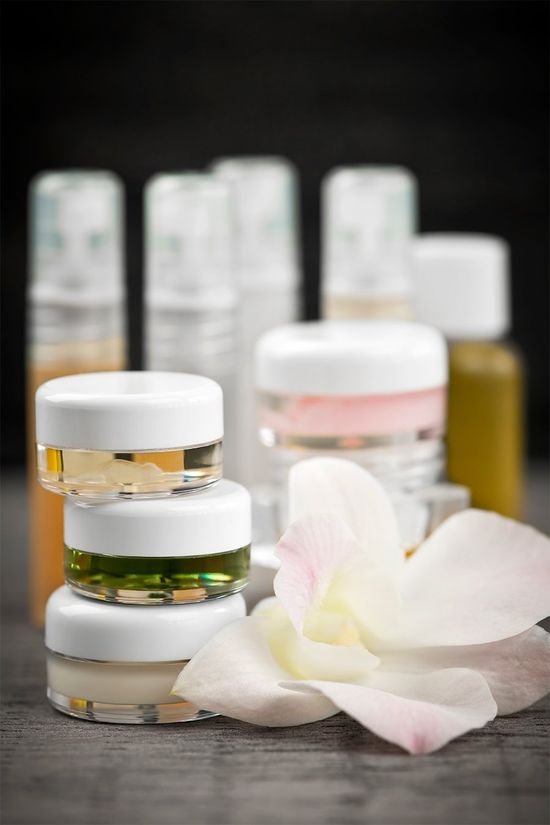Four Essential Skin Care Products
July 25, 2019
A skin care regimen doesn’t have to be complex, and you don’t need ten products to keep your skin looking healthy. You should have a regimen that works for you and that is simple enough so that you maintain it consistently. Thee four essential skin products that everyone should have in their regimen include a facial cleanser, a moisturizer, a retinoid product and a sunscreen.
1. Cleanser
–
Use once in the morning and once at night. This helps remove dirt, microorganisms, makeup, oil and dead skin cells, and also allows the skin to better absorb topical treatments like moisturizer. Use oil or cream-based cleansers for dry skin, and gel or foam-based cleansers for oily skin.
4. Sunscreen
–
Use a sunscreen strength of at least SPF 15-30 every day for intermittent sun exposure, and use a stronger sunscreen for any prolonged exposure (greater than SPF 30). Always use a very strong sunscreen on any scars that are under one year old, because scars are very sensitive to UV exposure and can become permanently discolored from too much exposure.
Key ingredients in cleansers:
- Ceramides – lipids naturally present in the top layer of skin that maintain your skin’s barrier function and help maintain skin hydration
- Humectants – helps skin absorb and retain moisture
- Surfactants – allows water to rinse oil and dirt away from your skin. Some surfactants are much more drying to your skin than others. For example, sodium lauryl sulfate tends to be more irritating than other surfactants. Gentle surfactants tend to be the least irritating and drying. Ingredients that are hydrating like glycerin and oils help minimize irritation.
- Salicylic acid, glycolic acid or benzoyl peroxide – good for treating acne, because these ingredients penetrate pores.
2. Moisturizer
–
Moisturizers are important in maintaining the health and balance of your skin. If your skin becomes too dry, it is more prone to acne and milia. Use a thicker, stronger moisturizer in the winter when skin tends to be most dry and a lighter one in the summer. Use your moisturizer one to two times a day. If your skin is oily, use a lotion instead of a cream and exfoliate once or twice a week.
3. Retinoids
–
This is the best skin care product you can use for reducing effects of photo aging (including treatment of fine and course wrinkles, discoloration and rough texture) and has additional benefits in regression and prevention of precancerous lesions. For the most effective results with the fewest side effects, consult with a physician and build up the potency and frequency of use over time.
Mineral vs. Chemical Sunscreens:
The best type of sunscreen to use is a sunscreen that contains mineral ingredients like zinc oxide and titanium dioxide, which act as a protective barrier on top of your skin but are not absorbed by your skin. Other chemical sunscreens may contain ingredients that are absorbed and even have the potential to cause systemic effects when applied in large quantities. Chemical ingredients include oxybenzone, avobenzone, octinoxate, homosalate, octisalate and octocrylene.




